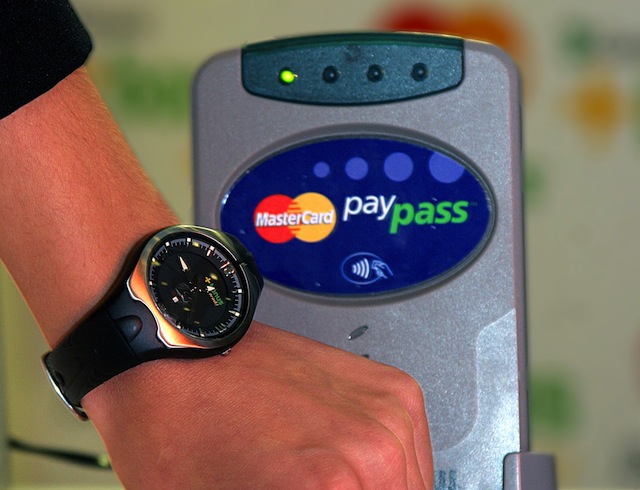Crowdsourcing and offshoring are changing bringing to small business the same changes we’ve seen in manufacturing and low level office jobs over the last forty years.
Those trends are going to affect local businesses – particularly the home based service providers – in a serious way as the local web designer and bookkeeper find themselves undercut by freelancers in countries where an Australian day rate is a month’s pay.
With those thoughts in mind I went along to a round table discussion with crowdsourcing advocate Ross Dawson, Freelancer CEO Matt Barrie and Design Crowd founder Alec Lynch to hear them discuss some of the issues around the concept ahead of their half day workshops in Sydney later this months.
Having read Ross’ recent book, Getting Results From Crowds, many of the concepts and arguments are familiar but its worthwhile considering how the trend of a globalised workforce is changing.
The benefits of crowdsourcing services
Crowdsourcing services like Design Crowd and Freelancer have benefits traditional outsourcing services don’t have.
Alec Lynch describes these as reduced expense, speed and risk. A broad range of cheap, accessible suppliers mean businesses aren’t locked into costly contracts with the attendant risks while they can bring projects to fruition in days.
Until recently, globalisation only bought benefits for major corporations with manufacturers contracting work out to China, back office functions to India and software development to Eastern Europe.
The rise of web based services where smaller, one off projects could be paid for by credit card has bought global outsourcing into the small and medium sized business markets.
Now local businesses are affected by business practices that, until recently, were the concern of those working for large organisations.
This is bad news for local service businesses; the suburban web designer or bookkeeper is now finding themselves competing with individuals who, as Matt Barrie points out, have a very good weeks’ income for the equivalent of a day’s pay in Australia.
Basically the same forces that drove most low value manufacturing offshore are now driving services and white collar jobs the same way.
Responding to the threat
There are major downsides for clients using these project based outsourcing services; for instance designing a logo is only part of a much bigger branding exercise which in turn has to be considered against the orgainisation’s longer term objectives.
Often, most of us don’t know what we don’t know and that’s the real reason why we hire an expert to explain why a logo should look a certain way, an expense should be allocated to one specific cost centre and not another or why we should one software package over another.
When we outsource our services, particularly to a low cost provider, we lose that expert insight and end up with someone just carrying out a task; it is up to us to supervise something we probably don’t understand ourselves.
Part of that supervisory role is project management, in the design field managing creatives can be like herding cats. This is why experienced project managers are worth their weight in gold.
Like many essential skills, project management is one of those which most of us don’t have and is chronically undervalued but when a business is outsourcing to a freelancer in Estonia or Eritrea then this service is essential.
Providing those skilled supervisor and management roles is where the opportunities lie in a crowdsourced market place.
In many ways, we’re seeing the end result of the post-industrial society. Just as we offshored the manufacturing industries through the 1970s and 80s then the low skilled office work in the 1990s and 2000s, we’re now outsourcing local services to low cost countries.
Whether ultimately this is a good thing or not is a big question but for local businesses, the trend is clear and much of the basic work is going offshore. Those who choose to whinge rather than adapt will be left behind.
Similar posts:




